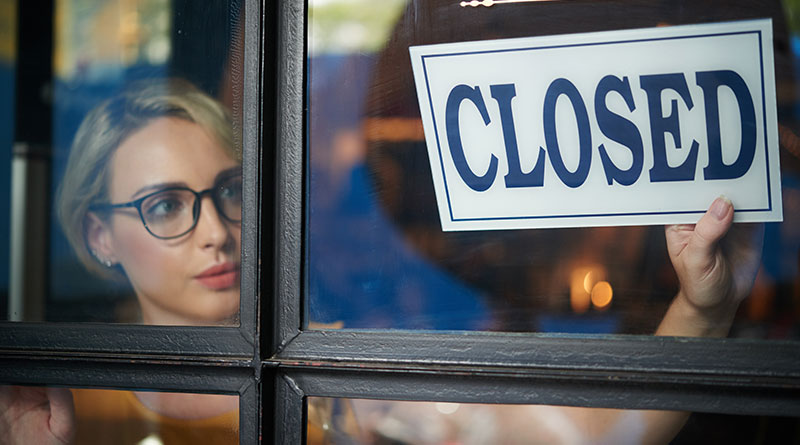Increased Business Rates Support Urgent, As Wales Leads GB In Post-Pandemic Closures

UKHospitality Cymru is making the renewed call to Welsh Government to reverse its decision to reduce business rates support from 75% to 40% in April in the wake of devastating new information signalling high levels of licensed venue closures.
Wales has lost 17% of its licensed hospitality venues since the start of the pandemic, compared to 14% in England and 13% in Scotland.
The planned reduction in relief would leave Welsh businesses significantly disadvantaged to their counterparts in England and risk accelerating closures. A typical pub would be nearly £7,000 worse off and an average-sized coastal hotel would see bills at least £20,000 higher.
Some Welsh cities and towns are already feeling the brunt of serious levels of closures. Swansea has lost 25% of its venues post-pandemic, one of the highest rates recorded in Great Britain. Cardiff has lost 10%.
David Chapman, Executive Director of UKHospitality Cymru, said: “These figures are deeply worrying. The stark numbers reflect the extent to which Welsh hospitality businesses have suffered since the start of the pandemic. They will be concerning for our venues and the thousands of livelihoods they support across Wales.
“The Welsh Government’s decision to reduce business rates relief will simply widen the gap between Welsh and English businesses, worsening the situation for businesses.
“Our local communities face losing vital social centres and crucial jobs. For a key city like Swansea to have already suffered the loss of more than one in four venues is incredibly concerning. The cutting of relief exposes the unjust, archaic business rates system which sees our bricks and mortar businesses pay way above what should be considered a fair share.
“We need immediate, increased business rates support, followed by fast-track reform, or more closures are inevitable. UKHospitality Cymru and businesses across Wales are imploring the Government to change course on this issue, use the consequential payments awarded and restore the current level of 75% rates relief from April on. The survival of thousands of jobs and local pubs and restaurants really does depend on it.”
